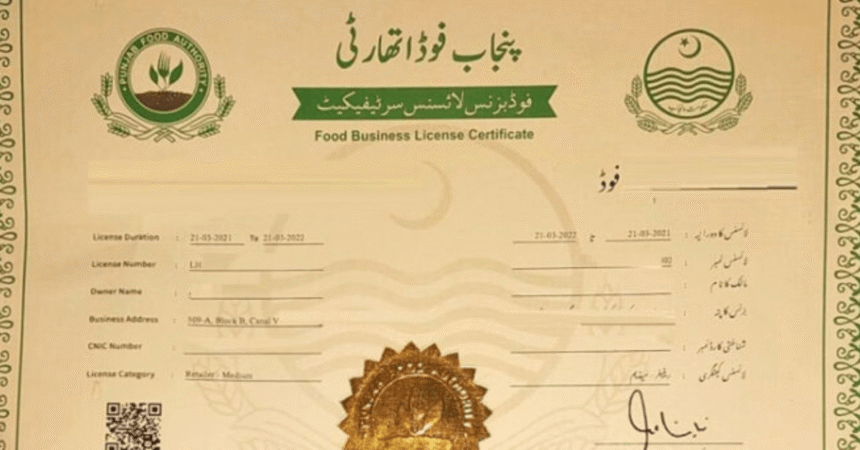In the bustling province of Punjab, food safety is a top priority. With a population of over 100 million people, ensuring that the food on every plate is safe to eat is a daunting task. That’s where the Punjab Food Authority (PFA) comes in – a regulatory body tasked with monitoring and regulating food businesses across the province.
The PFA’s primary objective is to ensure that food is safe for consumption by enforcing strict standards and guidelines. From farmers to manufacturers, restaurant owners to street vendors, every stakeholder in the food chain must adhere to these standards. To achieve this, the PFA issues compulsory licenses to food businesses, which serves as a guarantee that the food they produce or sell meets the required safety and quality standards.
Obtaining a license from the PFA is no easy feat. Businesses must undergo a rigorous inspection process, during which their food quality, standards, and processes are scrutinized. Only those who meet the required criteria are issued a license, which must be renewed periodically.
In recent years, the PFA has made significant strides in streamlining the licensing process. Gone are the days of tedious paperwork and lengthy queues. Today, businesses can apply for a license online, using a single form that covers all necessary registrations.
But what does it take to obtain a license for a single branch restaurant in Punjab? Let’s take a closer look.
First and foremost, the business owner must provide details about their investment, seating capacity, average sales per day, rent, number of employees, location, and utility bills. This information helps the PFA determine the appropriate license fee.
For a single branch restaurant with an investment of up to Rs500,000 and seating capacity of up to 10 people, the license fee is Rs20,000. This fee is calculated based on the business’s specific details, which are entered into an online form.
Once the form is submitted, the PFA conducts an inspection of the business to ensure that it meets the required standards. This includes checking the quality of food, standards, and processes. Only if the business passes this inspection is a license issued.
The PFA’s licensing process is designed to ensure that food safety standards are maintained across the province. By regulating food businesses, the authority can prevent instances of foodborne illnesses, which can have serious consequences for public health.
In conclusion, the Punjab Food Authority’s licensing process is a crucial step in ensuring food safety in Punjab. By regulating food businesses and enforcing strict standards, the PFA can guarantee that the food on every plate is safe to eat.
#FoodSafety #PunjabFoodAuthority #LicensingProcess #FoodBusiness #Regulation #PublicHealth #Punjab







